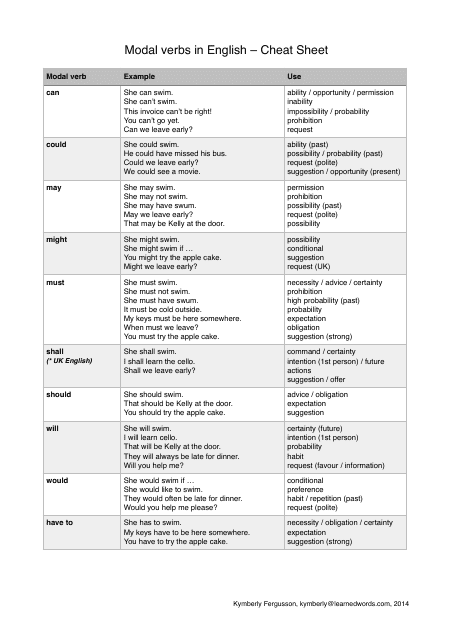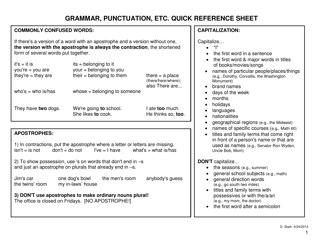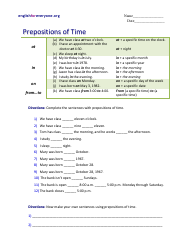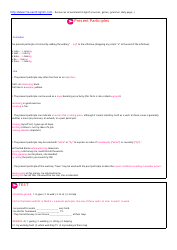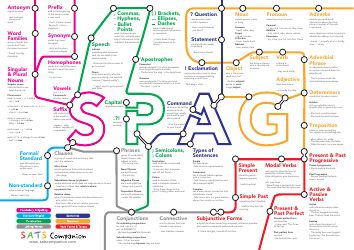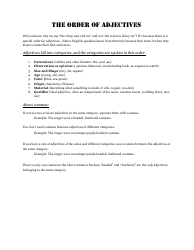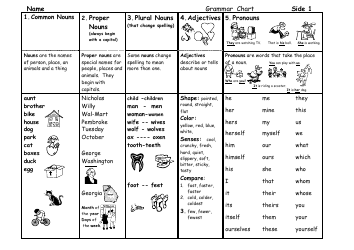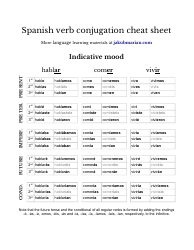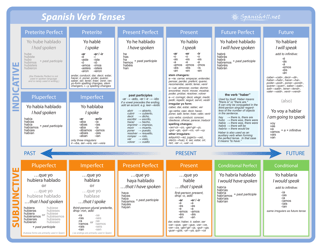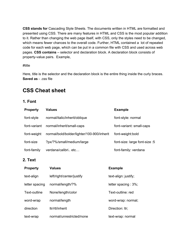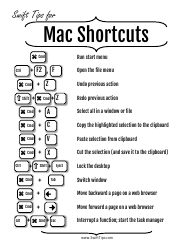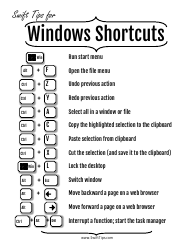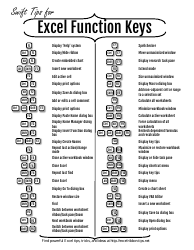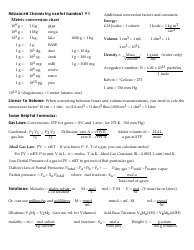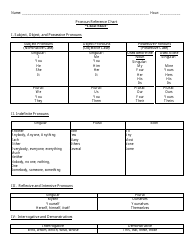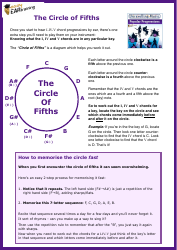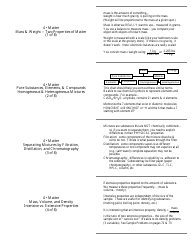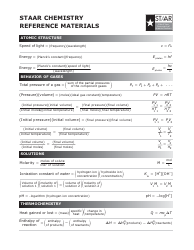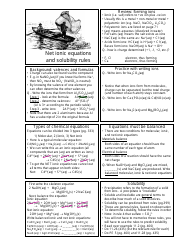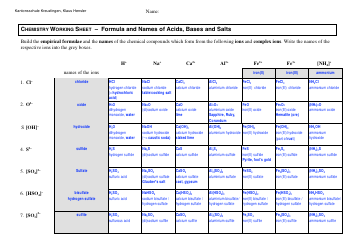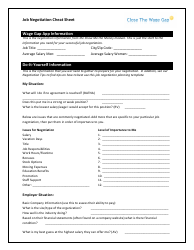Modal Verbs in English Cheat Sheet
The Modal Verbs in English Cheat Sheet is a helpful reference guide that provides information and examples about modal verbs in the English language. It can assist learners in understanding the meaning and usage of modal verbs such as can, could, may, might, shall, should, will, would, must, and ought to.
FAQ
Q: What are modal verbs?
A: Modal verbs are a type of auxiliary verbs that express ability, possibility, permission, necessity, or obligation.
Q: What are some examples of modal verbs?
A: Some examples of modal verbs are: can, could, may, might, must, shall, should, will, would.
Q: What is the function of modal verbs?
A: Modal verbs are used to modify the meaning of the main verb in a sentence.
Q: How do modal verbs change in different tenses?
A: Modal verbs do not change in different tenses. They remain the same regardless of the tense of the main verb.
Q: Can modal verbs be used in questions?
A: Yes, modal verbs can be used to form questions by inverting the subject and the modal verb.
Q: What are the negative forms of modal verbs?
A: The negative forms of modal verbs are formed by adding 'not' after the modal verb.
Q: Can two modal verbs be used together in a sentence?
A: No, two modal verbs cannot be used together in a sentence. Only one modal verb can be used at a time.
